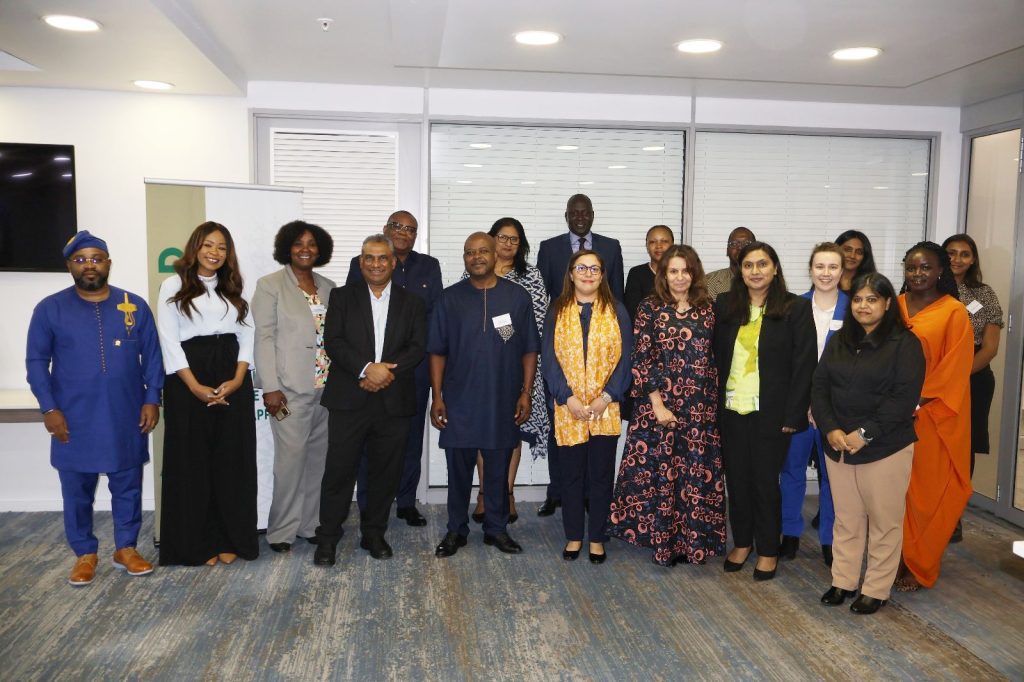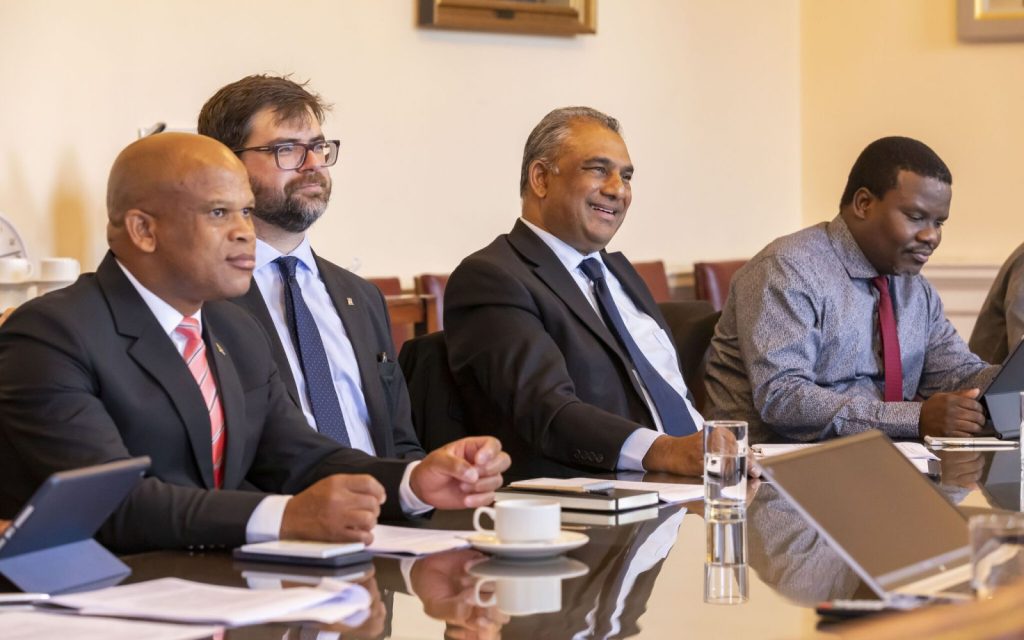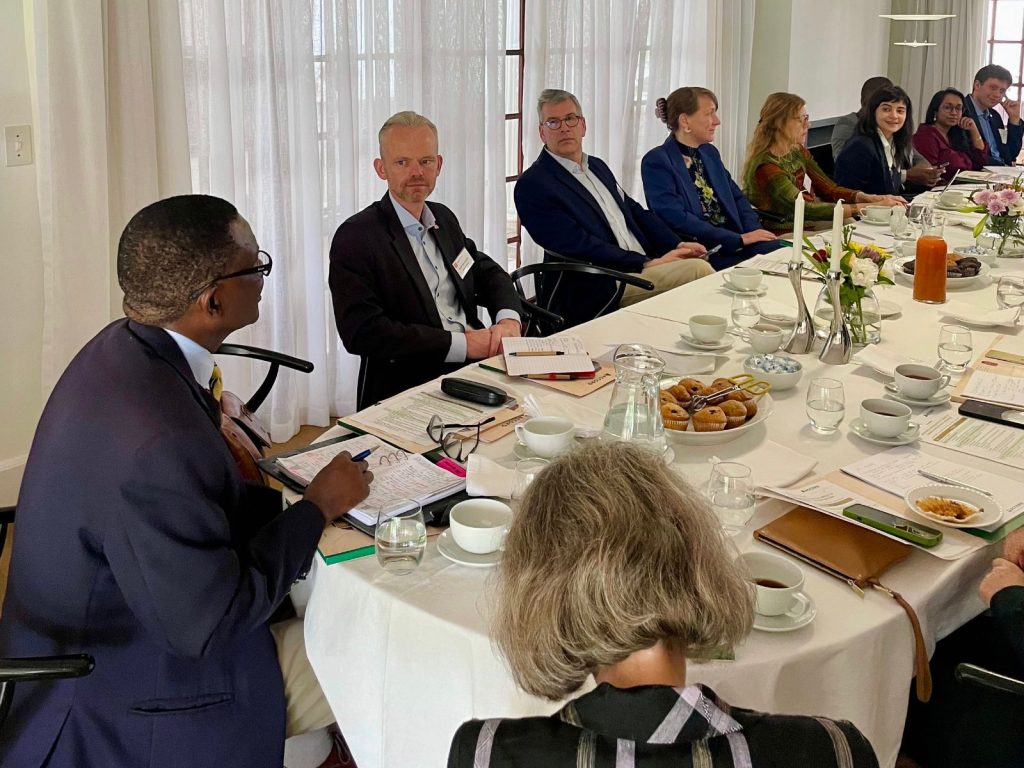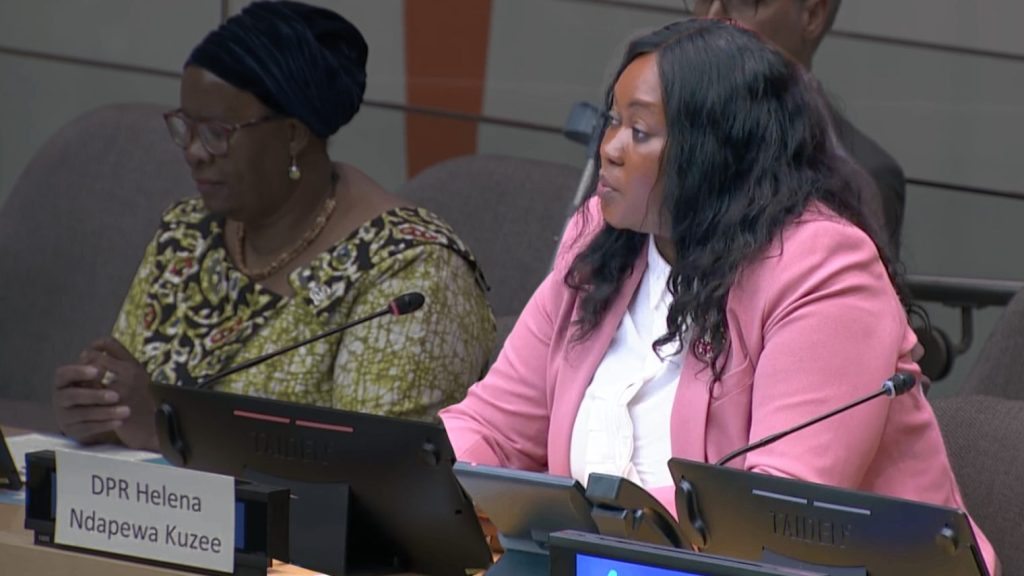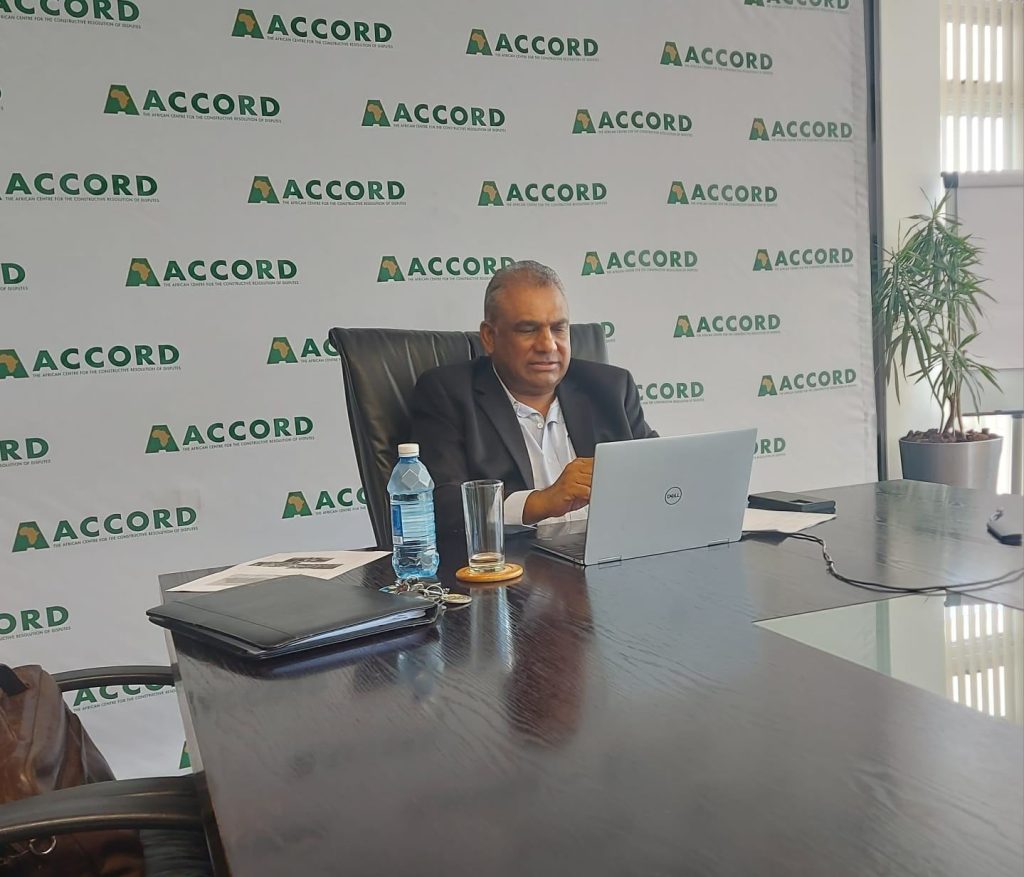ACCORD’s Managing African Conflict in Southern Africa (MAC IQC) Programme is presently undertaking a series of consultation meetings with electoral stakeholders in Angola, from March 14-18. Mr. Kwezi Mngqibisa, an ACCORD Senior Manager, is leading the consultations with Ms. Joyce Titi Pitso, an Elections Consultant attached to the programme.
The ACCORD team will consult with a broadly representative group of electoral stakeholders from government and civil society including political party representatives, electoral experts, decision makers, opinion leaders, media, government officials, and members of national and provincial electoral commissions. In addition, the ACCORD team will consult with USAID/Angola staff and representatives of other donor and multilateral aid agencies involved in the electoral process.
The purpose of these consultations is to facilitate dialogue among stakeholders, identify key issues for the upcoming elections, with special emphasis on potential sources of conflict in relation to the elections, and develop recommendations for improving the electoral climate and minimizing the risk of conflict. The consultations will form the basis of an electoral stakeholders’ capacity building workshop to be held next month in Luanda, Angola.
Meetings have been organised by ACCORD’s local partner organisation based in Luanda, The Development Workshop. USAID/Angola has requested assistance through the MAC IQC to develop and implement activities to prevent, mitigate and respond to potential sources of conflict in the period leading up to elections in 2006. Although no firm date has been set for these elections, most observers expect that they will be held no earlier than the second half of the year.
ACCORD represents USAID in the SADC region through their Managing African Conflict Indefinite Quantity Contract (MAC IQC) Programme Task Order 1, which has been operative since October 2003. Through this programme ACCORD assists in facilitating a series of workshops and observer missions in various SADC countries on behalf of the Regional Centre for Southern Africa (RCSA). The objectives and expected results of the Task Order seek to reduce open conflict, and to improve the conduct of elections, with the aim of achieving these goals for Southern African countries.

